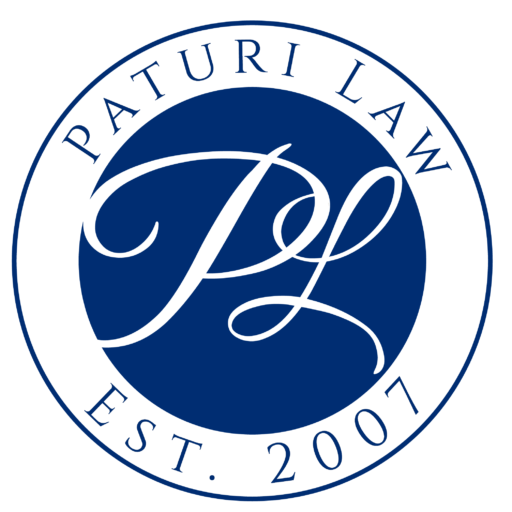Using the COVID 19 pandemic as an excuse, President Trump issued another executive order today targeting H-1B visa holders working for the federal government. This order, unlike previous ones issued, appears to be vague in its details. Here is what the order says:
- First, the order says that all contracts awarded in fiscal years 2018 and 2019 shall be reviewed by each executive agency head or department head to assess whether contractors used temporary foreign labor for contracts performed in the United States. If the answer is yes, then the nature of the work performed by temporary foreign labor on such contracts shall be reviewed and determine whether opportunities for United States workers were affected by such hiring. Finally, any potential effects on the national security of the U.S. caused by such hiring will be reviewed.
- Next, the order reviews whether contractors performed services in foreign countries that were previously performed in the United States. Again, if the answer to this is yes, then it will be determined whether opportunities for United States workers were affected by such offshoring and assess any potential effects on the national security caused by such offshoring.
- Each agency head will then coordinate with the Office of Personnel Management to determine if U.S. Citizens are being hired for these jobs.
- The results of the above 3 actions will be submitted to the Director of the Office of Management and Budget within 120 days recommending any corrective actions that may be taken by the agency and timeframes to implement such actions.
- Finally, while the above actions pertain to jobs within the purview of the Federal Government, the last paragraph of the Order deals with H-1B holders at any job. Specifically, the Order states that within 45 days, the Secretaries of Labor and Homeland Security shall take action to protect United States workers from any adverse effects on wages and working conditions caused by the employment of H-1B visa holders at job sites (including third-party job sites). What this means is quite unclear as employers must already follow regulations promulgated, and the Order does not provide guidance on this topic.
As always, please visit Paturi Law on our social media platform and our website for the latest information on this and other topics.
